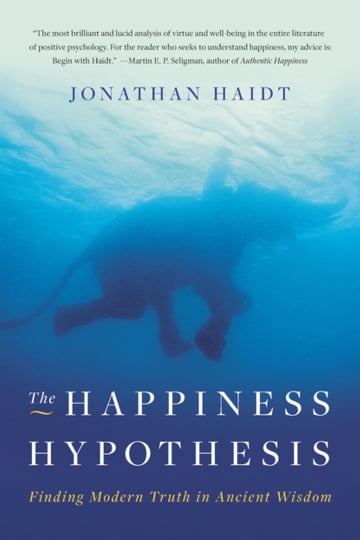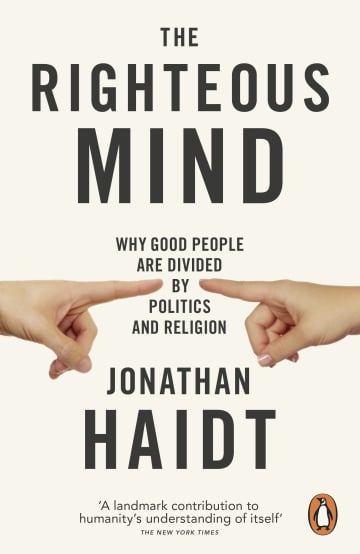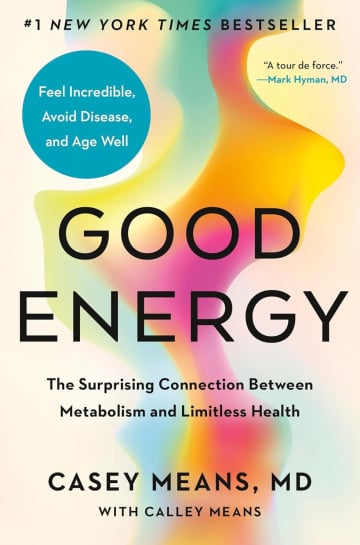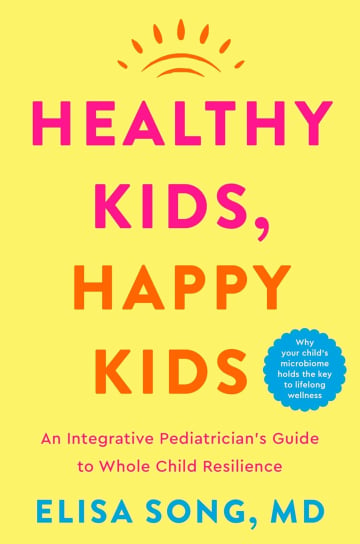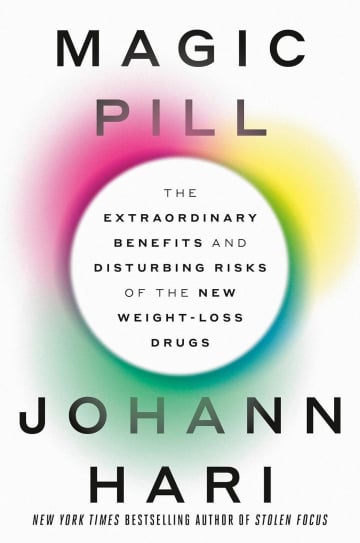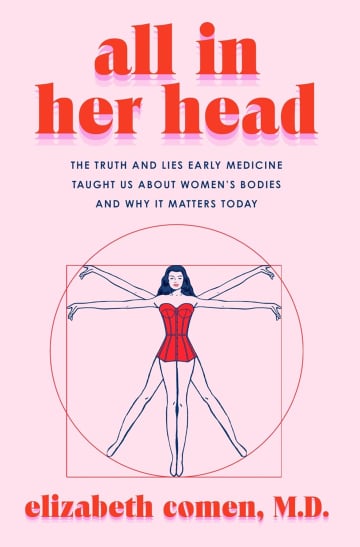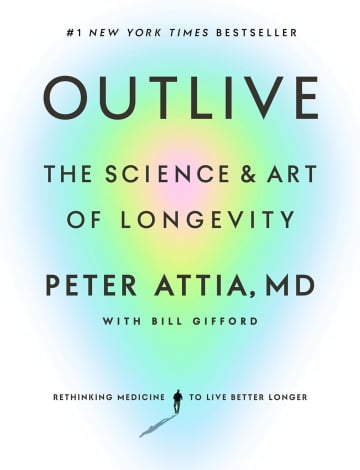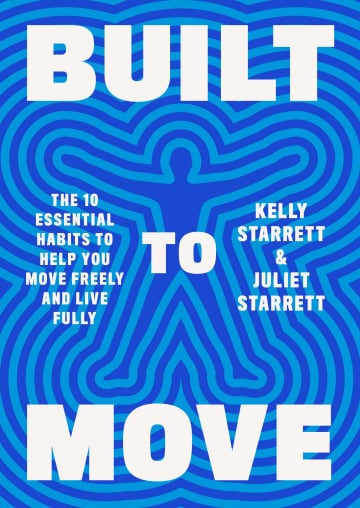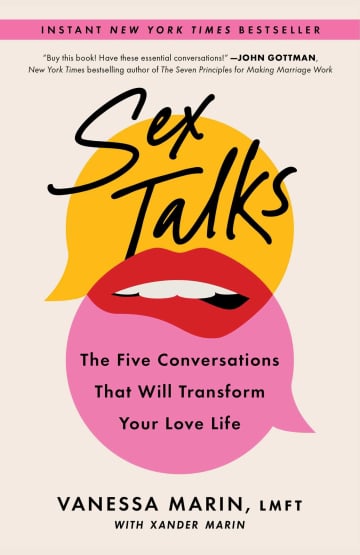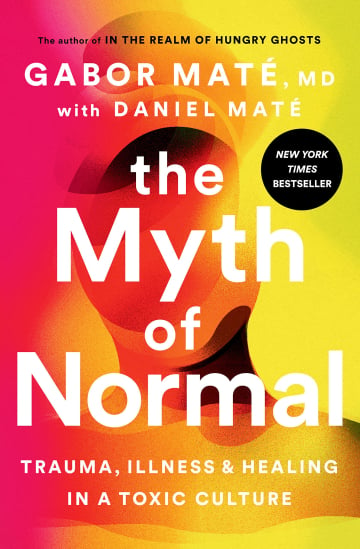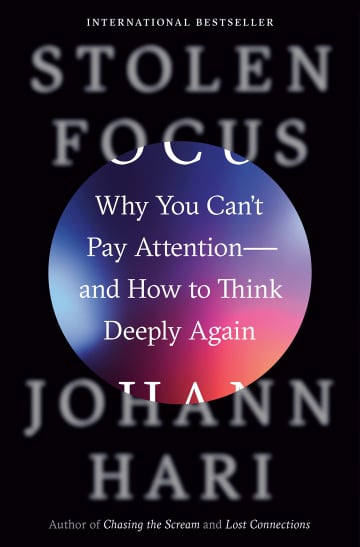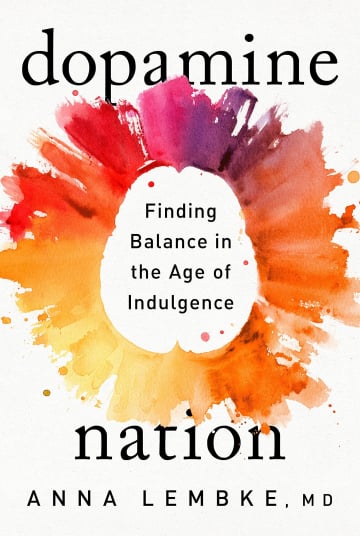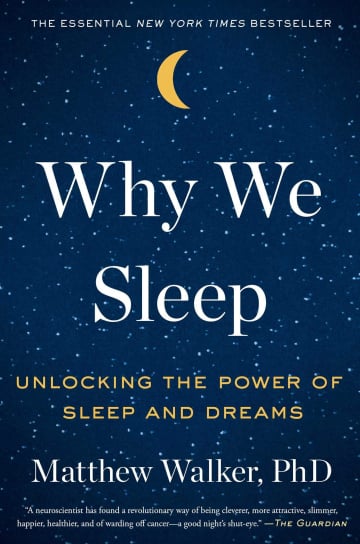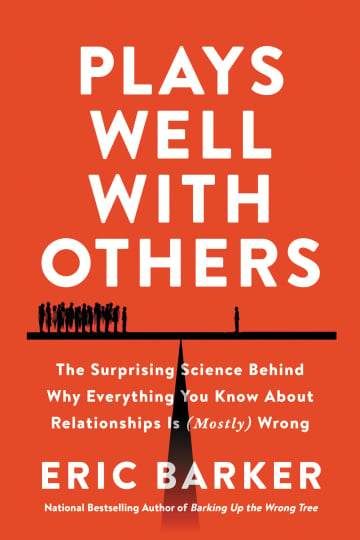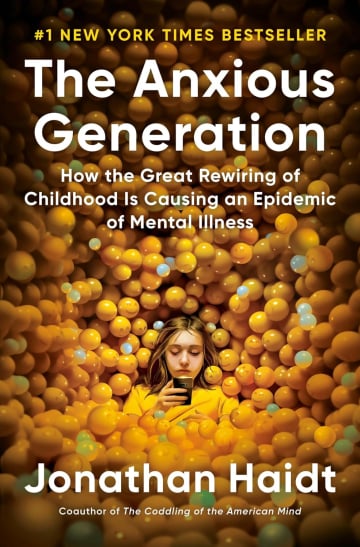
The Anxious Generation: How the Great Rewiring of Childhood is Causing an Epidemic of Mental Illness
⚡️ 10 Quotes from the book
“While the reward-seeking parts of the brain mature earlier, the frontal cortex—essential for self-control, delay of gratification, and resistance to temptation—is not up to full capacity until the mid-20s, and preteens are at a particularly vulnerable point in development.”
“Gen Z became the first generation in history to go through puberty with a portal in their pockets that called them away from the people nearby and into an alternative universe that was exciting, addictive, unstable, and—as I will show—unsuitable for children and adolescents.”
“My central claim in this book is that these two trends—overprotection in the real world and underprotection in the virtual world—are the major reasons why children born after 1995 became the anxious generation.”
“People don’t get depressed when they face threats collectively; they get depressed when they feel isolated, lonely, or useless.”
“Play is the work of childhood, and all young mammals have the same job: Wire up your brain by playing vigorously and often.”
“Puberty is therefore a period when we should be particularly concerned about what our children are experiencing.”
“Girls who say that they spend five or more hours each weekday on social media are three times as likely to be depressed as those who report no social media time.”
“The companies are competing against each other for users’ attention, and, like gambling casinos, they’ll do anything to hold on to their users even if they harm them in the process.”
“Children in elementary and middle school are doing a lot of learning, and screen-based activities can play a valuable role. However, for many children, time spent on screens expands like a gas to fill every available moment, and the content of that gas is almost entirely entertainment, not educational.”
“If you do one thing to be a better gardener in the virtual world, it should be to delay your children’s full entry into the phone-based childhood by delaying when you give them their first smartphone.”
Related videos
Ask Albert:
Rate the book
⚡️ Discover Even More Bookish Wisdom
recommends
recommends
recommends

